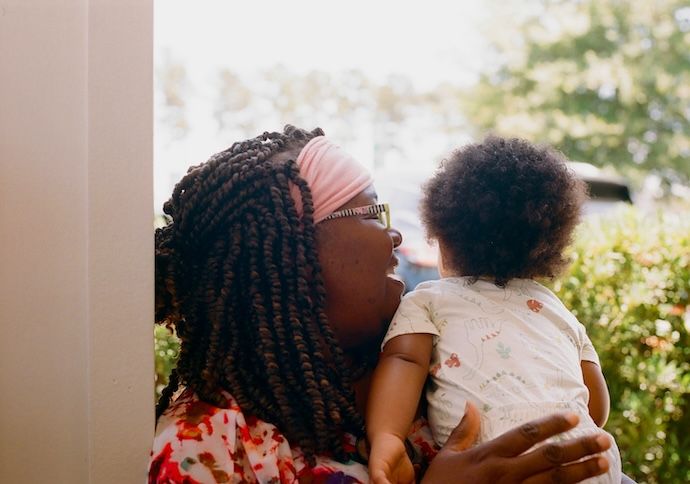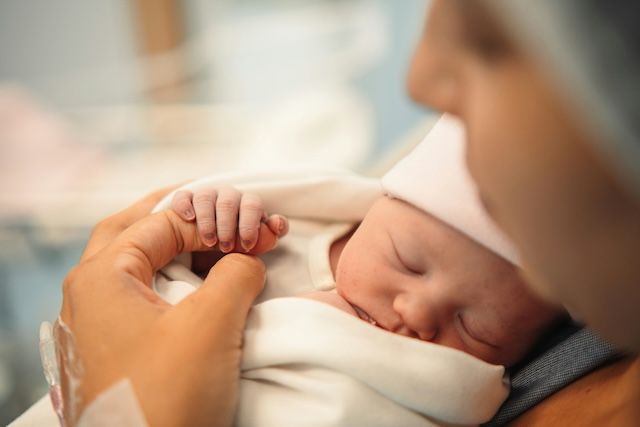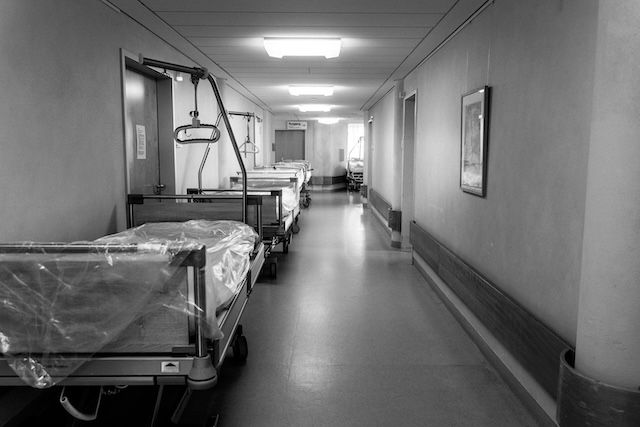Jamaica Enhances Newborn Care with Baby-Friendly Hospital Expansions
Jamaica has certified four more hospitals as Baby-Friendly, bringing the total to eleven and strengthening newborn care nationwide.
Jamaica's healthcare system has seen a significant advancement with the recent inclusion of Bustamante Hospital for Children, Noel Holmes Hospital, Port Antonio Hospital, and Spanish Town Hospital into the Baby-Friendly Hospital Initiative (BFHI). This milestone, celebrated during a special ceremony on June 17, was made possible through the collaboration of PAHO/WHO and UNICEF. These additions bring the total number of certified facilities to eleven, marking a key step forward in Jamaica's commitment to improving maternal and child health.
The BFHI, first introduced by WHO and UNICEF in 1991, is based on the "Ten Steps to Successful Breastfeeding," a set of comprehensive guidelines aimed at integrating breastfeeding support into standard maternity care. The recent expansion of Jamaica’s BFHI network is in alignment with this global framework and reinforces the country's ongoing efforts to create environments that promote optimal care for both mothers and newborns.
Health Minister Dr. Christopher Tufton highlighted the positive impact of the BFHI designations, pointing to a reduction in maternal mortality rates. He reported a decline from 211.3 deaths per 100,000 live births in 2021 to an estimated 133 in 2024, signaling the success of integrated healthcare practices in improving health outcomes.
 Photo by ManuelTheLensman
Photo by ManuelTheLensman
Since the certification of its first Baby-Friendly hospital in 2016, Jamaica has seen consistent growth, with the recent additions expanding the program to a total of eleven institutions. Notable previous expansions included hospitals like Princess Margaret Hospital, Alexandria Community Hospital, Lion's Town Hospital, Port Maria Hospital, and Mandeville Regional Hospital.
The BFHI’s impact extends beyond breastfeeding support, bringing systemic changes to early newborn care. Key practices, such as immediate skin-to-skin contact, rooming-in, and exclusive breastfeeding unless medically necessary, are now part of the care routine in these facilities. These practices contribute to lower rates of infant illness, reduced risks of chronic diseases in later life, and enhanced overall maternal health.
Felix, from BIRTHCARE, emphasized that BFHI certification is more than a formal recognition; it represents a continual process of quality improvement. Hospitals are assessed to ensure alignment with the Ten Steps, and they undergo periodic reassessments to maintain high standards, ensuring the ongoing integration of best practices into daily care.
The expansion of Jamaica’s BFHI is in sync with broader regional health goals. It forms part of PAHO’s strategy to strengthen maternal and newborn health, integrate workforce planning, bolster health system resilience, and encourage multisectoral coordination — all crucial components of national health strategies, including Jamaica’s Vision 2030 for Health.
Source: PAHO/WHO





